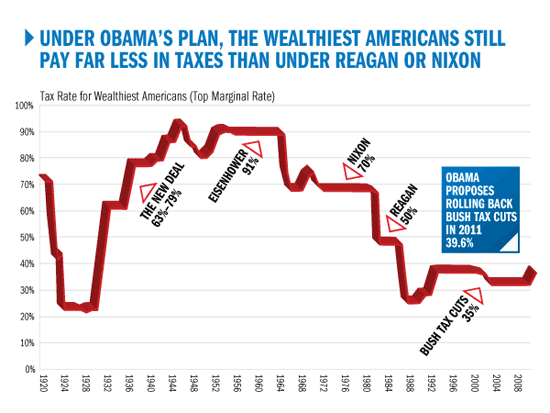Come on guys. Any of you who have attended highschool know that income and profits are two different things. (Or maybe not. These days, who knows what is being taught in highschool?)
Anyhow, taxes are paid on profits, not income. You have to see a corporation's P & L to know what percentage of taxes are actually being paid.
If you guys really want some real skinny on what is happening in the world of corporate taxes, Forbes has boiled it down to some key elements in this article:
Excerpted:
And in rebuttal to Sheila's video, I will provide an article from the Heritage Foundation, the opposing argument from Think Progress, that provides a very different perspective on wealth in the USA:
Excerpt:
Anyhow, taxes are paid on profits, not income. You have to see a corporation's P & L to know what percentage of taxes are actually being paid.
If you guys really want some real skinny on what is happening in the world of corporate taxes, Forbes has boiled it down to some key elements in this article:
Excerpted:
Hewlett-Packard ( HPQ - news - people ) and others among the top 25 state in their annual reports that if Obama's tax measures pass it would mean a certain tax hike, probably amounting to billions of dollars.
Would no more tax holiday for GE really end up helping Mr. and Mrs. Taxpayer? Doubtful. "The average Joe should be in favor of lower corporate taxes," says Hodge, "because ultimately they are paying the corporate income tax. Either as workers, getting lower wages and fewer jobs, or as consumers, paying higher prices, or as retirees, getting lower dividends and earnings on their investments."
What The Top U.S. Companies Pay In Taxes - Forbes.com
And in rebuttal to Sheila's video, I will provide an article from the Heritage Foundation, the opposing argument from Think Progress, that provides a very different perspective on wealth in the USA:
Excerpt:
Alan Reynolds reminds readers that the left repeatedly cites income figures from a famous study by economist Emanuel Saez, which show that top earners’ share of income has increased. Yet the left never cites figures from another study by Saez on wealth inequality, which show that top earner’s share of wealth at the beginning of the 21st century is lower than it was in the early 1900s.
Income Inequality vs. Wealth Inequality | The Foundry: Conservative Policy News Blog from The Heritage Foundation



